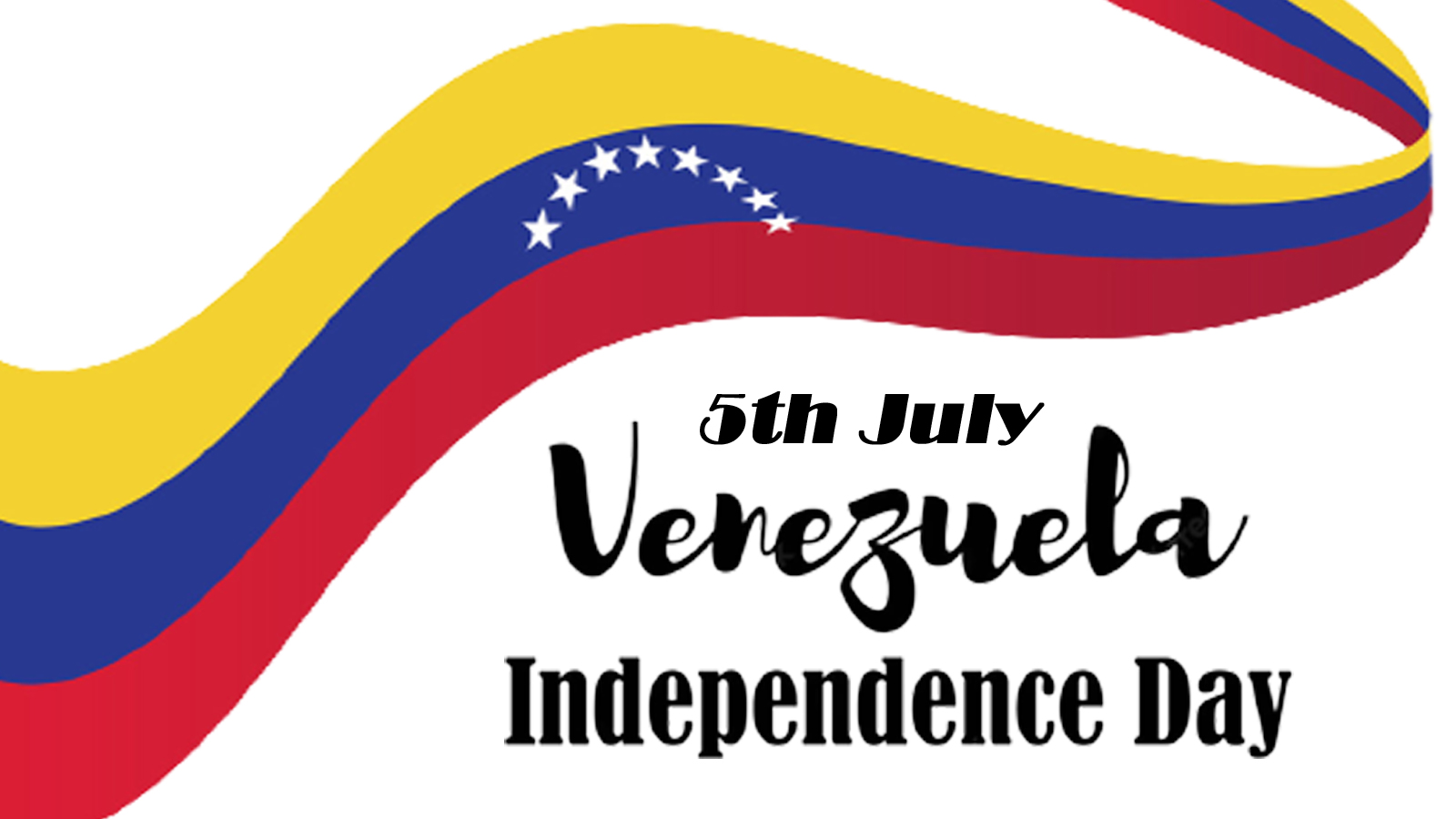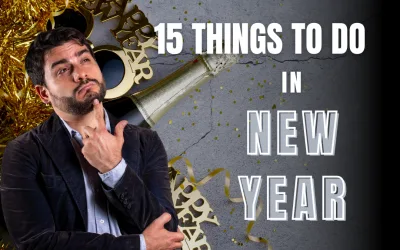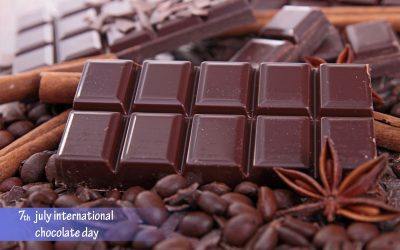July 5 has been celebrated as the 209th anniversary of Venezuela’s independence. The day of independence has a lot of historical importance and pride. The meaning of independence is quite important and has acquired a central place within the last 21 years after the Bolivarian revolution in Venezuela. President Nicholas Maduro and former President Hugo Chavez have made sovereignty and liberty the pillars on which the Bolivarian Process is also based. Actually, Venezuela was the leader of the Latin American freedom movement, and it was the first country of the South American republics to get freedom from Spain after shedding blood with numerous atrocities and several battles they fought to get freedom in 1821.
VENEZUELA CAPTURED BY SPANISH
In the colonial system, Venezuela became the most negligible place. It was under the vice royalty of New Granada, and it was ruled by a viceroy in Bogota. The economy was based on agriculture, and some extremely wealthy families controlled the region. The Creoles started to protest against Spain for high taxes, fewer opportunities, and the mismanagement system of the colony, and they demanded independence and separation from Spain. About 1800 people were talking about it.
MIRANDA INVADES VENEZUELA FOR FREEDOM
Francisco de Miranda was a Spanish soldier who became a general during the French Revolution. He had had many adventures in Europe, although he had a faint dream of freedom for his native land. He formed a small mercenary force in the USA and the Caribbean and entered Venezuela. He also stayed in Koro for about two weeks before he was driven out by Spanish soldiers. Although he was the first person to prove that independence was not an impossible dream,
VENEZUELA DECLARED INDEPENDENCE IN 1810
In 1810, Venezuela became ready for independence, and the ruler of France was Ferdinand VII, who was once the prisoner of Napoleon of France. The Spanish Creole patriots held a meeting in Caracas where they demanded their first independence, and they decided that they would lead their region by themselves and the Spanish monarchy would be restored for the future.
The government was named the First Venezuelan Republic. Simón Bolivar, José Félix Ribas, and Francisco de Miranda demanded unconditional independence on July 5, 1811, and the Congress approved it, making it the first south American nation to formally sever all ties with Spain. Spanish and royalist forces attacked Venezuela several times, and a fatal earthquake doomed the nation. Once again, the sovereign nation was captured by Spain.
Bolivar once again was ready to fight against Spain, and for that he went to Colombia, where he was given a commission as an officer and a small force. He was told to harass Spain, although he was driven out of there before long. Being impressed, Cartagena gave him permission to liberate western Venezuela. Bolivar did so, and he marched on Caracas to give it freedom, but he won the place in August 1813. This remarkable military feat is known as the “Admirable Campaign” for Bolivar’s great skill in executing it.
THE SECOND VENEZUELAN REPUBLIC
Bolivar established the government and renamed it the Second Venezuelan Republic, but most of the places were still under the Spanish government. A continuous war is still happening in Spain between the royal armies and the bolivar armies, but at least they have to end the war. The royal army, the “Infernal Legion,” entered the second Venezuelan republic to pillage towns, and the second Venezuelan republic was once captured in mid-1814, and Bolivar once went into exile.
WARS BETWEEN 1814 AND 1819
There were many battles that happened between 1814 and 1819. The royal armies and patriot armies fought against each other ceaselessly throughout these years, and Venezuela became devastated. The amount of loss was numerous, as the patriot armies did not acknowledge their authority and fought many battles to free Venezuela. Bolivar was arrested by Spanish authorities in 1817, and the nation was ruined.
THE BATTLE OF BOYACA AND CARABO
In 1819, Bolivar became concerned about western Venezuela with his army. It was difficult for him to defend the royal armies, but it was also impossible for the royal armies to drive them out. Although Bolivar went through the frosty Andes and went to New Granada in July 1819, New Granada was untouched by the war, and for that, he easily recruited new armies from willing volunteers. He went to Bogota, but the Spanish governor intentionally delayed him. At the Battle of Boyacá, he got the decisive victory and crushed the Spanish army. He marched towards Bogota, kept his amenities and the soldiers, and made a new large army that marched towards Venezuela.
Spanish officers ordered ceaseless fire, which lasted until April 1821. Spanish General Miguel de la Torre and his armies met the combined forces of Bolivar and Paez at the Battle of Carabobo on June 24, 1821. As a result, the patriots got victory at last and got independence. The Spanish government decided that they would not retake Venezuela again.
AFTER THE BATTLE OF CARABO
When the Spanish soldiers were finally driven off, Bolivar formed the Republic of Gran Colombia, which included Venezuela, Colombia, Ecuador, and Panama. But the republic lasted about 1830 with Colombia, Venezuela, and Ecuador. General Páez was the main leader behind Venezuela’s break from Gran Colombia.
Venezuela celebrates two independence days: On April 19, Caracas declared their first independence, and on July 5, the whole country got freedom from Spain. Venezuela celebrates its Independence Day with festivals, parades, speeches, and parties.






0 Comments